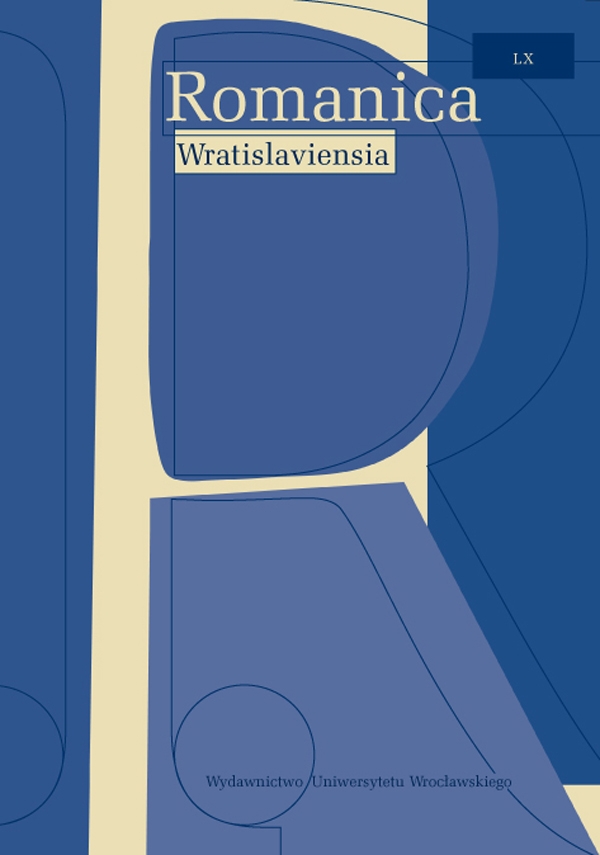

Articles

FROM SPANISH COMEDIA TO FRENCH COMEDY. THREE ADAPTATIONS BY THE CORNEILLE BROTHERS
This article sets off the links and discrepancies between Spanish Golden Age comedias cómicas and their adaptations by French playwrights in the middle of the XVIIth Century. The exam ples of three comedies — Pierre Corneille’s Le Menteur and La Suite du Menteur from Alarcón’s La verdad sospechosa and Lope de Vega’s Amar sin saber a quién, and Thomas Corneille’s Don Bertrand de Cigarral, adapted from Rojas Zorrilla’s Entre bobos anda el juego — show that, whatever may be the approach gallicization, in the first two plays, or keeping a Spanish frame for the plot, in the third one, the adapters’ main concern is to create an atmosphere as well as characters that in both cases would appeal to the audience. The fact the Corneille brothers clearly wrote those three adaptations with one actor in mind Julien Bedeau, alias Jodelet for the main comical parts proves their wish to implant the plots in the topical French drama production of the XVIIth Century.